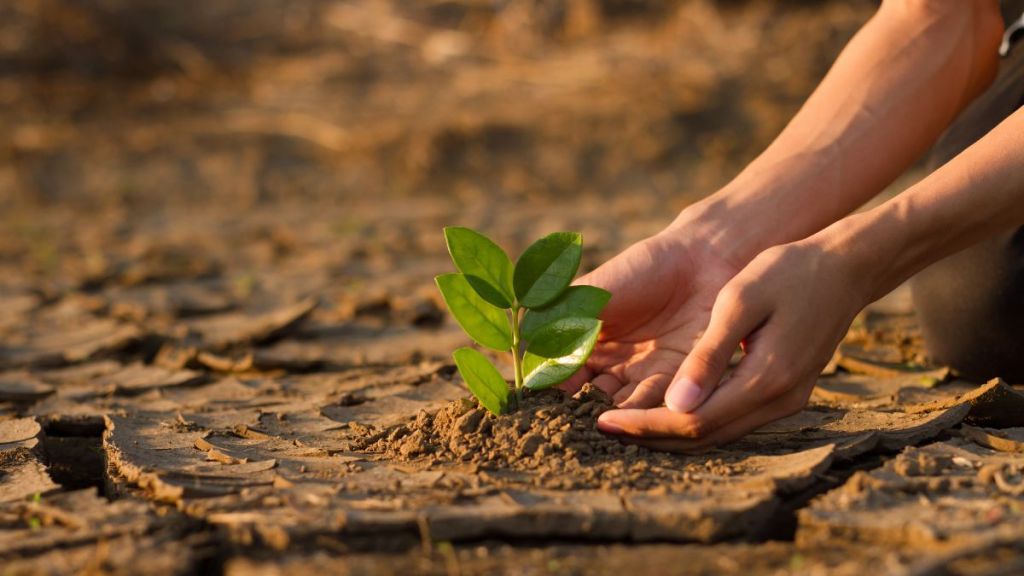By Srivatsan Iyer
This year, COP30 will convene in Belém, marking the first climate summit to be held in the heart of the Amazon. The location is symbolic: the Amazon represents both the urgency of the climate crisis and the potential for transformative solutions. This COP summit in Belém is a reminder that climate action is ultimately about safeguarding life.
Shifting from commitment to implementation
The global climate dialogue is evolving. While past summits have focused on setting targets and making pledges, the emphasis is now shifting toward measurable outcomes. The following key questions are emerging: Which countries or regions are scaling clean technologies affordably? Who is investing in climate resilience? How is biodiversity being preserved alongside economic development?
The effectiveness of climate leadership will increasingly be assessed based on results rather than aspirations.
Technology & need for speed Clean energy solutions like solar, wind, and battery storage have become more commercially viable and, in many cases, cost-competitive to new builds of conventional energy. In the Global South, these technologies are being rapidly deployed through large-scale infrastructure and decentralised systems like microgrids.
The primary challenge is no longer innovation but acceleration. Rapid scale-up of clean technologies is essential to meet climate goals while supporting economic growth in emerging markets and supporting renewed energy growth in developed markets.
Adapting to a changing climate
Today, energy transition is no longer only about reducing emissions but preparing for a warmer world. Adaptation is becoming a key focus of the climate agenda. Scientific projections suggest global temperatures may exceed 2°C, making resilience planning increasingly urgent.
In many parts of the Global South, adaptation is already underway. Cities are being redesigned to manage extreme weather, agricultural practices are shifting to climate-smart methods, and water infrastructure is being strengthened. These efforts reflect a broader trend toward integrating adaptation into long-term development strategies.
Resilience should be viewed as a long-term investment to survive in a world of increased climate volatility. Robust infrastructure, healthy ecosystems, and adaptive communities can form the foundation for sustainable growth. Greater emphasis on adaptation will reduce vulnerability and unlock new opportunities in a warming world.
Integrating biodiversity into climate strategy
The Amazon highlights the close connection between climate and biodiversity. As one of the world’s most biodiverse regions, it faces growing pressures from deforestation, habitat degradation, and climate change. Globally, biodiversity loss is accelerating, with implications for food systems, public health, and economic resilience.
Forest ecosystems strengthen nature’s balance-absorbing carbon, regulating rainfall, and protecting communities from floods and extreme heat. Sustaining them means sustaining these vital benefits for generations to come. Ecosystems such as forests, wetlands, and oceans provide essential functions, including carbon sequestration, water regulation, and climate buffering. Protecting these systems should therefore be a key component of effective climate action.
Institutions like the Paulson Institute, through their work detailed in their report, Financing Nature, have demonstrated practical pathways to align conservation with sustainable development. At COP30, biodiversity must stand alongside energy transition and resilience as a pillar of the core agenda.
For us, this is a moment to take the lead in demonstrating how protecting nature and advancing development can move forward together.
Towards result-oriented agenda
COP30 presents an opportunity to focus on delivery. A result-oriented approach would highlight the following: accelerating scalable clean energy solutions; adaptation strategies that support long-term development; and biodiversity protection efforts that align with economic goals.
Such an approach could help build confidence in climate solutions and encourage more targeted financial support from global institutions. There is a need for global finance to flow at the speed and scale they demand.
This is a call for recognition—that real solutions are already taking shape, and what they need now is finance that moves at their speed and scale. COP30 is our moment to prove it. If we do, COP30 will be remembered not as another pause in progress, but as the turning point—when climate action finally shifted from promises to proof of progress.
By emphasising evidence-based progress, COP30 has the potential to mark a shift from aspirational commitments to actionable outcomes.
Srivatsan Iyer is the Global CEO at Hero Future Energies.
Disclaimer: Views expressed are personal and do not reflect the official position or policy of FinancialExpress.com. Reproducing this content without permission is prohibited.

